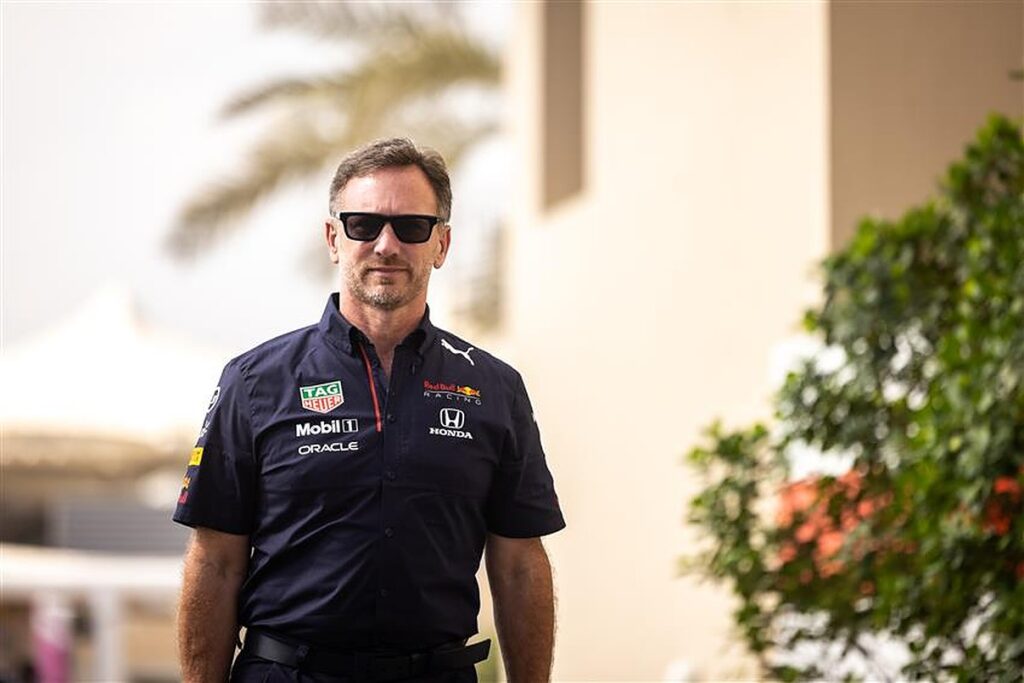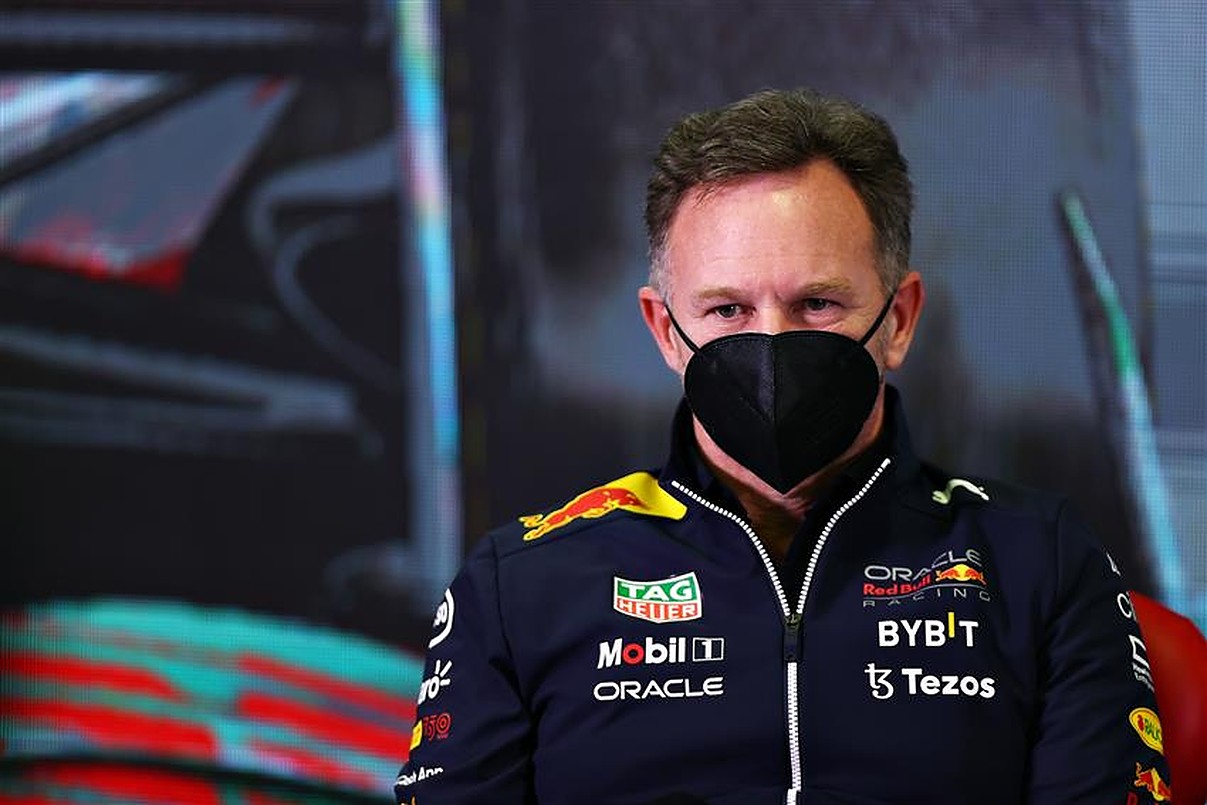Red Bull team principal Christian Horner has said that the $200 million fee new entrants must pay to get into Formula 1 may need to be increased.
It is possible that, by 2026, there may be 12 teams on the grid for the first time since 2012 depending on the progress of Michael Andretti’s bid to enter a team in 2024 and the culmination of the efforts from Porsche and Audi to enter the sport by 2026.
Andretti Global have made no secret of the fact that they want to be in Formula 1 the year after next, while Porsche and Audi – despite recent reports – may still have the option available to them to make a brand-new team instead of investing in existing ones.
READ: Red Bull to develop even bigger aero upgrade package after Spanish GP
Putting new teams on the grid means that the prize money that is divided between everyone has to be spread more thinly, so every team naturally gets a smaller sum of money as a result.
To offset that, any new entrant into the pinnacle of motorsport is required to pay $200 million, but that money disappears fairly quickly after it is shared out, meaning that the pool gets smaller for everyone soon after the new arrival.
While the amount of money, especially given the current rate of inflation, might need to be reconsidered, the premise of a team essentially having to pay equity for the other teams is a well-founded one in the eyes of Horner.
“What that essentially does, it puts an intrinsic value or minimum value on any entrant, you know, from P10 upwards, I think that you’ve got to look longer term,” he explained.
“And I think it’s the first time in memory that we’ve got 10, healthy franchises, 10 healthy teams.
“There was always a team, you know, the last couple of teams would always be fighting to survive, whereas now they’re in a position where they can actually plan for the future, they can look forward rather than just being in the present.”
However, the 48-year-old highlights the issue in that the money paid by new entrants is starting to become less significant as the economy becomes harsher.
“The 200 million is a significant amount of money. But you know, in this business, and when you divide it by the participants, it doesn’t go a long way,” he added.

READ: ‘Why does he need all this?’ Vettel tipped to retire this year amid drama over B-spec car
“It’s a one-shot, it’s not 200 million every year. So, you know, at the end of the day, a conversation like this will always come down to economics.”
Mercedes team principal Toto Wolff previously remarked that the Andretti team would need to prove that the project is “bringing in more money than it is actually costing.”

